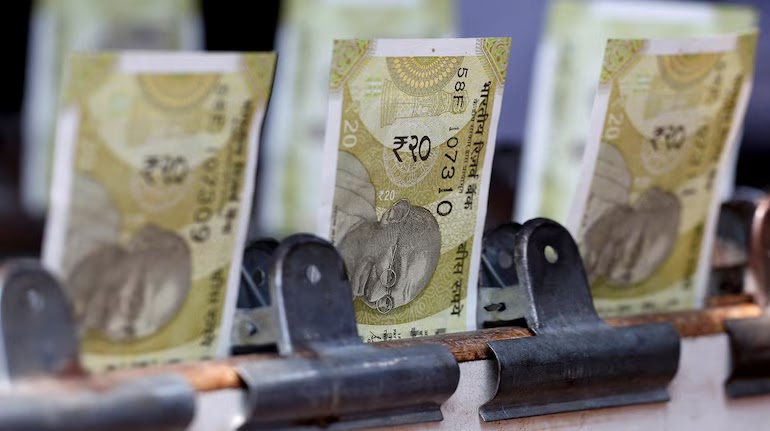What Happens If I Stop Paying My Solar Loan
If you stop paying your solar loan, several consequences may occur, including:
Damage to Credit Score: Non-payment of a loan can result in late fees, default status, and ultimately, a negative impact on your credit score. A lower credit score can affect your ability to secure future loans or lines of credit and may result in higher interest rates on future borrowing.
Legal Action: If you default on your solar loan, the lender may pursue legal action to recover the outstanding debt. This could involve the lender taking you to court to obtain a judgment against you, which could result in wage garnishment or seizure of assets to satisfy the debt.
Loss of Solar Equipment: Depending on the terms of your loan agreement, failure to make payments could result in the lender repossessing the solar equipment installed on your property. This could leave you without access to the benefits of solar energy and could incur additional costs for removal or replacement of the equipment.
Collection Efforts: Lenders may employ collection agencies to pursue repayment of the outstanding debt. Collection agencies may use various tactics to recover the money owed, including phone calls, letters, and other forms of communication.
Legal Fees and Additional Costs: If legal action or collection efforts are pursued, you may be responsible for paying legal fees, court costs, and other expenses associated with the collection process, further increasing the amount you owe.
Impact on Home Value: If you financed your solar system through a home equity loan or other type of secured loan, defaulting on the loan could jeopardize your home's equity and potentially impact its value if the lender forecloses on the property.
If you are facing financial difficulties and are unable to make payments on your solar loan, it's essential to communicate with your lender as soon as possible. Many lenders offer hardship programs or options for loan modification that may allow you to temporarily reduce or defer payments until you can get back on your feet financially. It's generally better to address financial challenges proactively rather than allowing the situation to escalate and potentially cause long-term damage to your credit and financial well-being.

Comments
Post a Comment